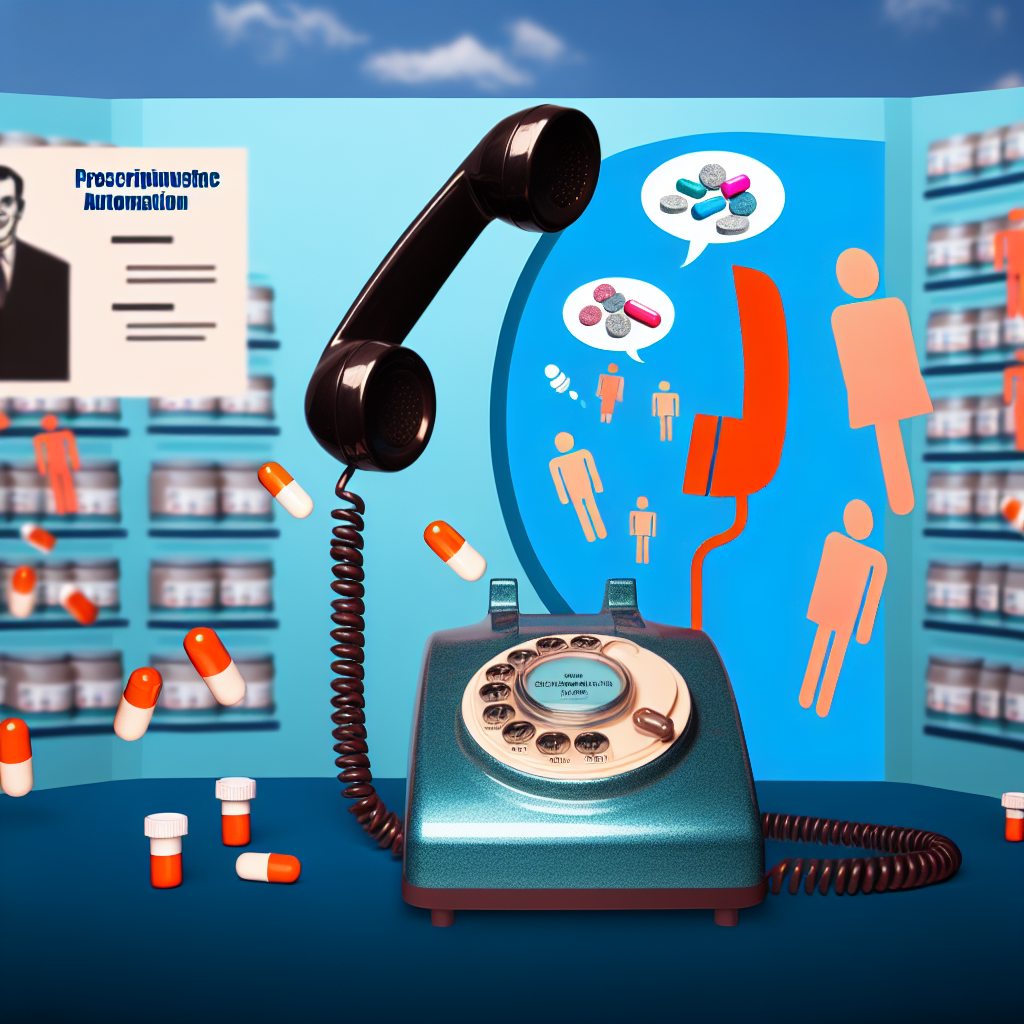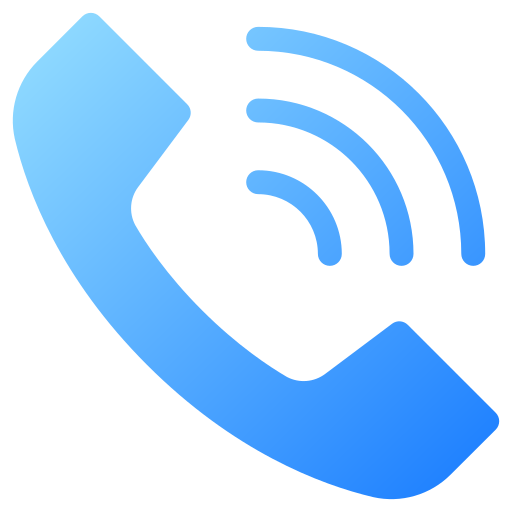Introduction
In the rapidly evolving landscape of the pharmaceutical industry, telephony automation has emerged as a powerful tool to enhance operational efficiency and improve patient care. By automating various telephonic interactions, pharmaceutical companies can streamline processes such as prescription refills, drug information requests, and patient follow-ups. This article will delve into the best usage cases for telephony automation in the pharmaceutical sector, highlighting its benefits and potential impact on patient outcomes.
Prescription Refills
One of the most prominent applications of telephony automation in pharmacies is the management of prescription refills. Automating the refill process allows patients to request their medications via an interactive voice response (IVR) system. This not only reduces the need for manual intervention but also minimizes wait times, providing patients with quicker access to their essential medications. Furthermore, by sending reminders through automated calls or texts, pharmacies can encourage adherence to prescription schedules, ultimately leading to better health outcomes.
Drug Information
Another critical application of telephony automation is the provision of drug information. Patients often have queries regarding their medications—such as dosing instructions, side effects, and potential drug interactions. Automated phone systems can be programmed to provide accurate and timely responses to these inquiries, enhancing the patient experience. Moreover, providing easy access to drug information helps in reducing anxiety among patients, empowering them to manage their health effectively.
Patient Follow-ups
Following up with patients post-discharge or after a consultation is crucial for ensuring adherence to treatment plans. Telephony automation facilitates this by allowing health care providers to schedule automated follow-up calls. These calls can serve various purposes, including checking on patient recovery, reminding them of upcoming appointments, and collecting feedback on their experiences. Such proactive engagement fosters stronger relationships between healthcare providers and patients, leading to improved trust and satisfaction.
Conclusion
In summary, telephony automation presents several best usage cases within the pharmaceutical industry. By implementing automated systems for prescription refills, drug information requests, and patient follow-ups, pharmaceutical companies can enhance their service offerings and significantly improve patient outcomes. As the industry continues to embrace technological advancements, telephony automation stands out as a vital component in the quest for better healthcare delivery.

